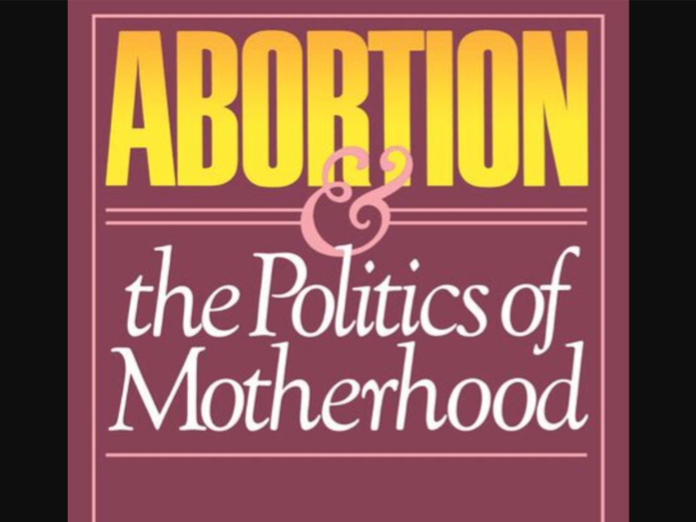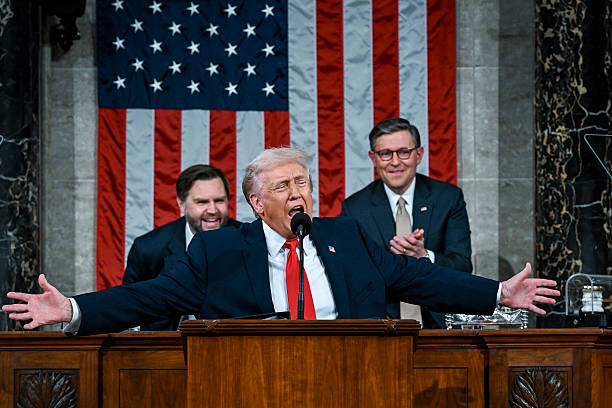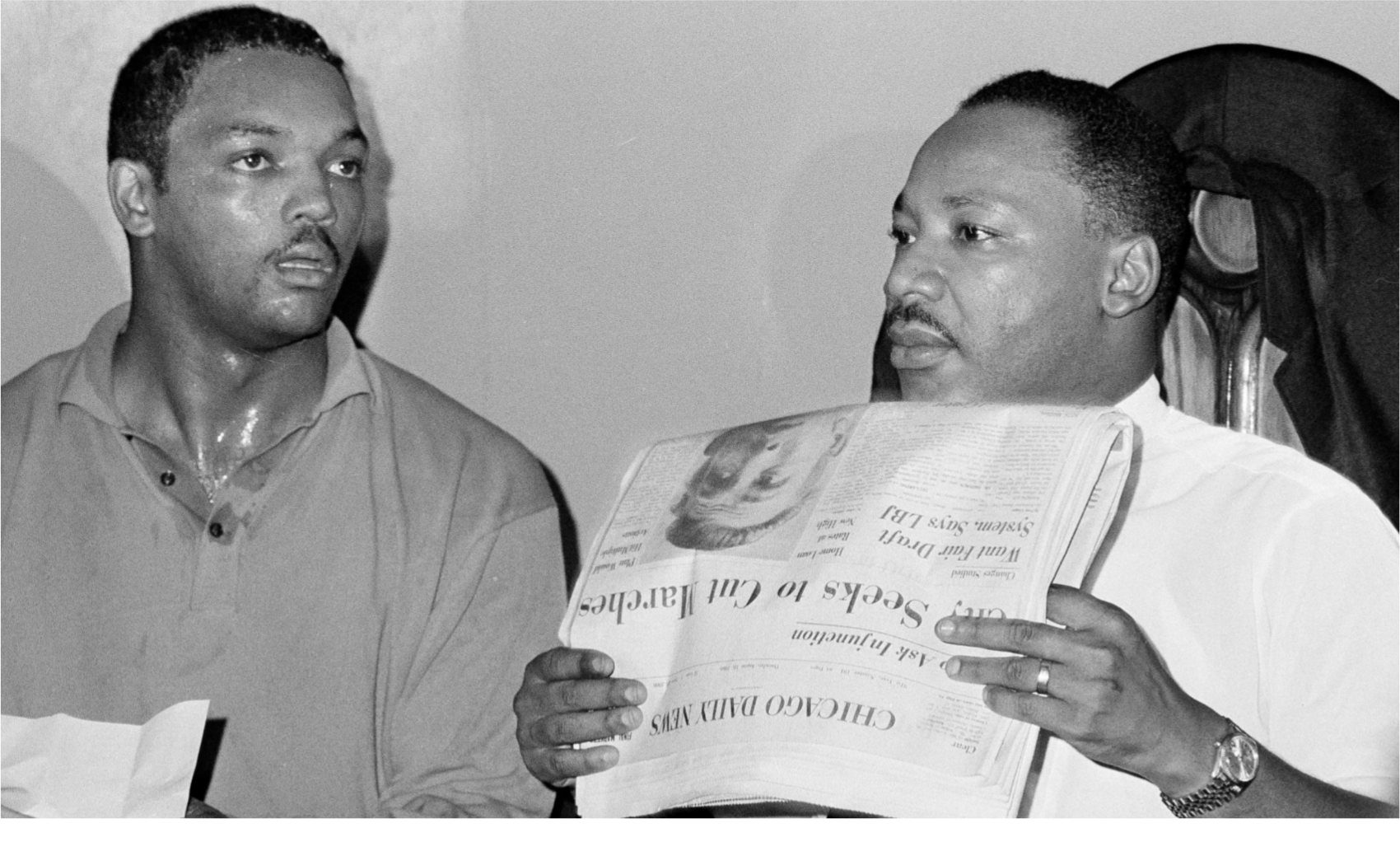(ThyBlackMan.com) The issue of abortion had a long-complicated history both before and after the 1973 U.S. Supreme Court’s Roe v. Wade decision, making abortion legal nationwide.
It is a historical story worth understanding, considering the chaos we see in our nation today. Abortion is particularly complicated in that it has evolved to become a defining political issue impacting elections on the state and federal levels.
The Catholic Church has always maintained a strong and unwavering opposition to abortion based on its principles and teachings. While all Catholics do not share the Church’s official stance on the issue, the Catholic Church at large has always been consistent in opposing abortion for moral reasons.

Opposition to abortion did not begin as a cultural war issue as it is today. While the Catholic Church opposed abortion, the Southern Baptist Convention, the largest evangelical denomination, was on record saying it should be allowed in many circumstances. This was a time before evangelicals became organized and deeply involved in politics.
Neither political party viewed it as a defining issue until shrewd candidates like Richard Nixon saw the Catholic Church’s passion to restrict access to abortion, and they decided to use the issue as a means of gaining Catholic votes. Nixon suffered a painful loss in 1960. The presidential election resulted in Democrat John Kennedy narrowly defeating Nixon, making Kennedy the first Roman Catholic person ever elected president.
Vowing never to lose the Catholic vote again, Nixon began staking out anti-abortion positions as part of an electoral strategy to appeal to Catholic voters and other social conservatives during the 1972 presidential campaign. After Nixon won the election and the majority of Catholic votes, Republican strategists began using the same tactics for Congressional races. Supporting the pro-life movement became more about getting votes than saving unborn lives for many candidates and elected officials.
Before, and for several years after Roe v Wade, evangelicals were overwhelmingly indifferent to the subject of abortion, which they considered a “Catholic issue.” Although a few evangelicals mildly criticized the ruling, the overwhelming response was silence, even approval.
Linda Greenhouse and Reva B. Siegel explained in their book Before Roe v. Wade that the shift to opposing abortion rights was part of a larger effort to paint the Republican Party as pro-family in a way that would help mobilize socially conservative voters. The anti-abortion campaign was led by Catholic groups and hampered by disagreements, but eventually, it became a political agenda directed by religious right organizations who were politically sharp and media savvy.
The strategic switch with evangelical leaders was not strictly for moral reasons. While the origin of the religious right movement was motivated and centered around a court case, the case was not Roe v. Wade. The Green v. Connally ruling captured the attention of evangelical leaders, especially when the IRS began sending questionnaires to church-related “segregation academies” inquiring about their racial policies. The school led by Moral Majority leader Jerry Falwell, Lynchburg Christian School, was included.
As a result of Green v. Connally, a new Internal Revenue Service policy was enacted to deny tax exemptions to all racially segregated schools in the United States under the provisions of Title VI of the Civil Rights Act, which forbade racial segregation and discrimination. Discriminatory schools were not, by definition, “charitable” educational organizations; therefore, they had no claims to tax-exempt status. Evangelical leaders had long boasted that the federal government could not tell them what to do. The government could not tell them whom to hire or not, whom to admit or reject because their educational institutions accepted no federal money (except for not paying taxes). That was all changed with the passage of the Civil Rights Act.
Paul Weyrich, the late religious conservative political activist and co-founder of the Heritage Foundation, laid out a long-term social conservative agenda that is very much in play now in 2025. Weyrich concluded evangelicals, with their large numbers, would constitute a formidable voting bloc.
“The new political philosophy must be defined by us [conservatives] in moral terms, packaged in non-religious language and propagated throughout the country by our new coalition,” Weyrich wrote in the mid-1970s. “When political power is achieved, the moral majority will have the opportunity to re-create this great nation.”
Weyrich believed that the political possibilities of such a coalition were unlimited. Jerry Falwell and Weyrich tapped into the ire of evangelical leaders when it came to Green v. Connally and were savvy enough to recognize that organizing grassroots evangelicals to defend racial discrimination would be a challenge. The issue of abortion was the answer, and it became the rallying issue used to mobilize evangelical voters on a large scale. Voters in Black and brown communities must now be clear-eyed in recognizing that Roe v. Wade was the start. The Voting Rights Act and the Civil Rights Act of 1964 are the targets next in line. The baton was passed to Donald Trump, who intends to take it over the finish line.
There needs to be a pro-justice counter-attack. Every person in Black and brown communities, particularly young people, must fully understand the magnitude and consequences of the threat to their futures. As abortion was the religious right’s rallying issue, pro-justice and fairness must be ours. There can be no petty divisions and disagreements among those directly impacted by the current war on DEI.
That would include White women. There needs to be a long-term commitment to recover from the current damage while saving the Voting Rights Act and the Civil Rights Act. In taking pages from the evangelical playbook, it will take multiple election cycles to pass critical legislation such as the John Lewis Voting Rights Advancement Act and the George Floyd Justice in Policing Act. While the price of eggs is important, our future depends on us being driven by a pro-justice political agenda as if our lives depend on it.
Written by David W. Marshall
Official website; https://davidwmarshallauthor.com/
One may purchase his book, which is titled;

















Leave a Reply